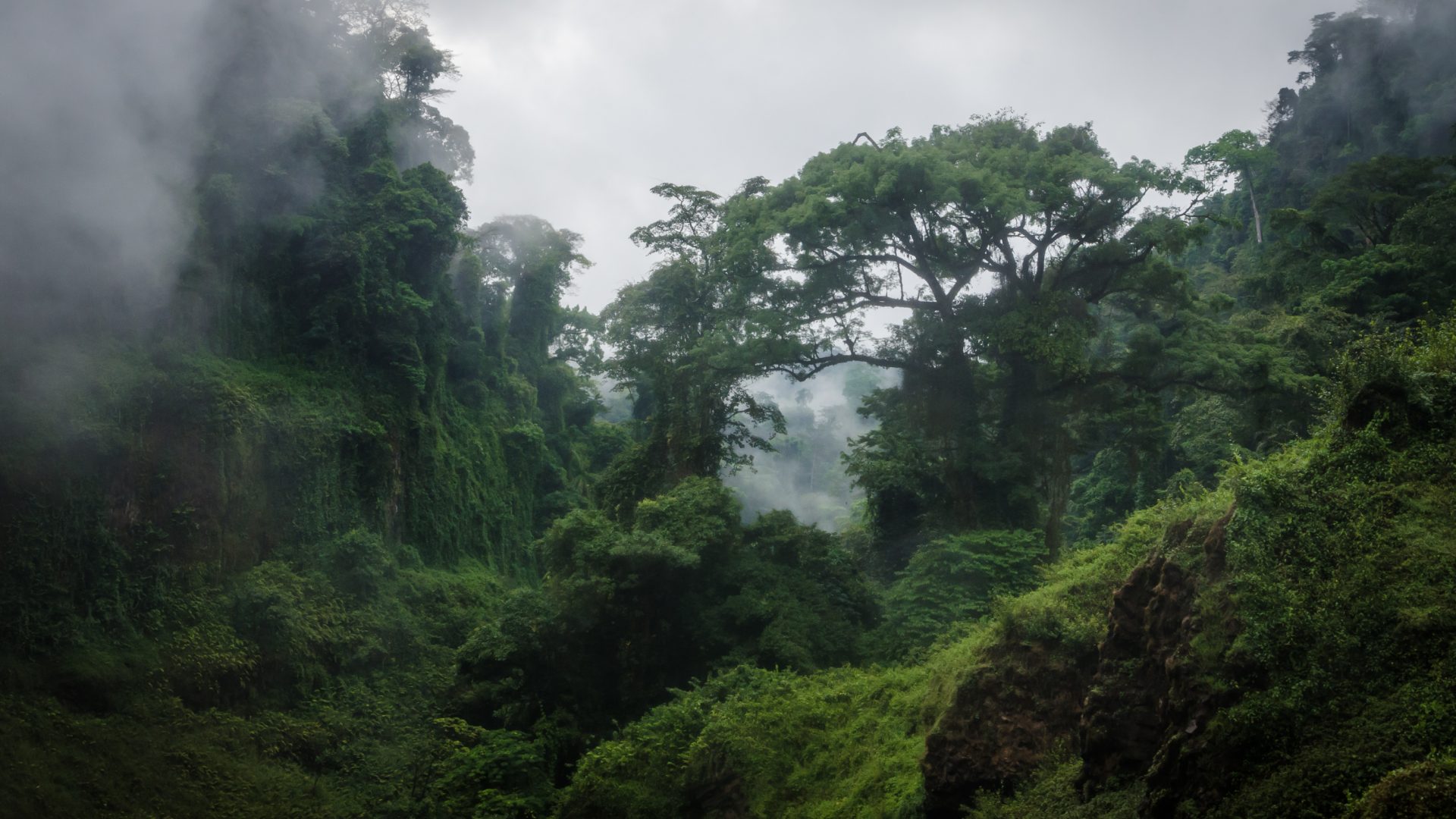Georgiana Efande Kongwe: In regards to the UN sustainable development goal 5 (gender equality), it is time to take concrete action to empower women in forest communities and tap their knowledge to help solve our climate crisis. It is therefore important to include women in decision about land and forest for the following reasons;
- They can organize and carry out activities that can help reduce some of the community’s livelihood challenges like climate change.
- Involving women can contribute to the sustainability and long term effectiveness of forest restoration as well as gender equity.
- Women carry out most of the agriculture-related activities on land while depending on forest to collect food, medicine and water for their families and communities. At the same time, Women who rely on forest to look after their families often have special knowledge of the precious natural resources available in the rainforest and how to manage and use them sustainably
- Women involvement can massively help to achieve many of the SDGs including those of poverty (goal 1), hunger (goal2), gender equality (goal 5), climate change (goal 13) and life on land (goal 15).
At a time when humanity is facing multiple challenges, forests are more than ever essential, offering solutions for climate change, biodiversity, sustainable agriculture and food security, it is fair enough to say women need an equal say on how land and the rainforest are protected, used and managed.
Ndofor Nancy: Women make up a higher percentage of the farming population in most rural communities, which is the major source of livelihood and food security. They play a crucial role in their communities by producing food and resources, preserving traditional crops, and uplifting the welfare of their families. Women are nation builders and unfortunately, they tend to hold inferior quality lands and smaller plots. Securing their land rights through inclusion in the decisions can play an integral role in empowering women in agriculture, which is guaranteed to foster forest conservation across generations. They should therefore be included in decisions about land and forest use as an enabler of economic growth.

